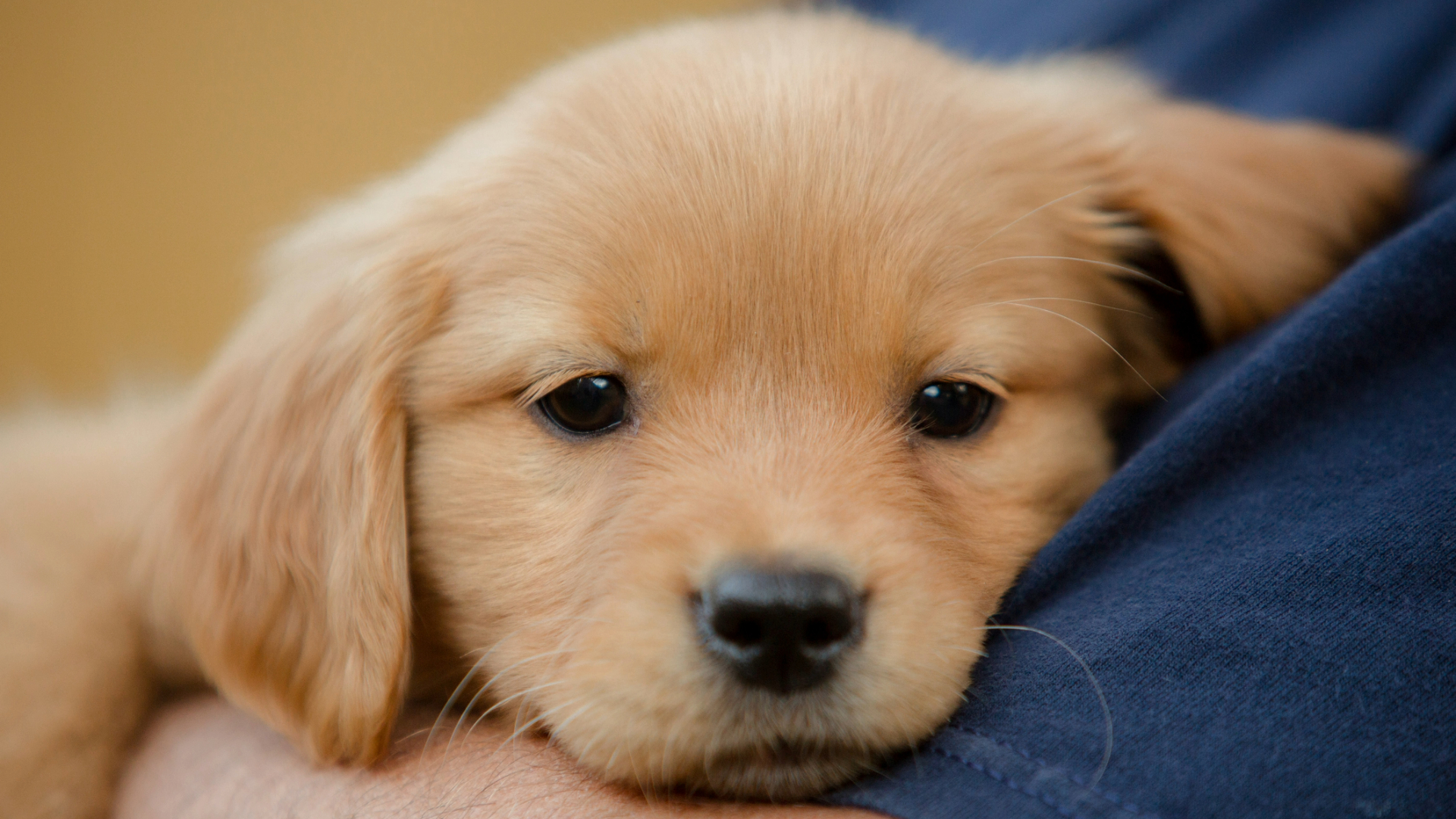
Raising a puppy is hard work. There are lots of challenges that go hand-in-hand with getting a new fur baby - and crying in the night is one of them. If you're a first-time puppy owner, then you probably have a lot of questions about the best way to handle this behavior.
When you’ve given your dog the best puppy toys, a comfortable bed, and nutritious food, it can be confusing as to why they’re crying. If you're feeling a little lost (and exhausted from the lack of sleep), you can rest assured that this is a common problem that most puppy owners face.
Since dogs don't speak the same language as us, it can be difficult to work out how to stop your puppy crying at night, but we've got the answers you need. Feeding them several hours before bed or playing music are two great solutions for this.
Whilst there are lots of helpful tips out there, there's one thing that you should never do. Lisa Burton, an award-winning dog trainer, revealed what this is and why you should avoid doing it in her latest Instagram post.
Don't worry if you've done this in the past; training a dog is a learning curve and you're bound to get things wrong at some point. There's always time to change and improve:
Lisa says you should never leave your puppy to cry in the night, and there are a few reasons why. Before we dive into those reasons, it's important to have a brief understanding about how a dog's brain works - in particular, the amygdala, the hippocampus and the prefrontal cortex.
Here's how Lisa explains them:
The amygdala: This is "responsible for your dog's primal survival responses: fear conditioning, emotional memory and their automatic responses. Think of it as their fight or flight response when they're stressed."
The hippocampus: This part of the brain helps to regulate the stress response and is "involved in long-term memory formation, conscious recollection and learning."
The prefrontal cortex: This also regulates the stress response, and is "implicated in planning complex cognitive behavior, decision making, and social behavior moderation".
Lisa explains that when your pup is exposed to stressful situations (like being left alone to cry), the amygdala gets bigger. So, what does this mean for them? It causes "long-term exaggerated responses to triggers it perceives as threats".
At the same time, the hippocampus and the prefrontal cortex (the stress regulators) will get smaller. In other words, your dog will find it harder to learn and respond to stress.
Lisa explains that puppies are already sensitive to stress and that leaving a dog to cry "turns up the volume on their reactive stress response" and "limits their ability to self-regulate".
She continues: "Chronic stress exposure changes the dog's brain in ways that are likely to cause long-term issues with reactivity, anxiety, impulsivity, and obstructed learning ability.
"Whereas providing your dog with support [and] patience (the evidence of a strong affectional bond and a myriad of positive learning experiences) is scientifically your best foot forward when it comes to growing a calm, responsive and balanced adult dog that can cope with whatever life throws his way."
You might also find these features helpful: How to stop your puppy crying in crate and how to get a puppy to sleep through the night.







